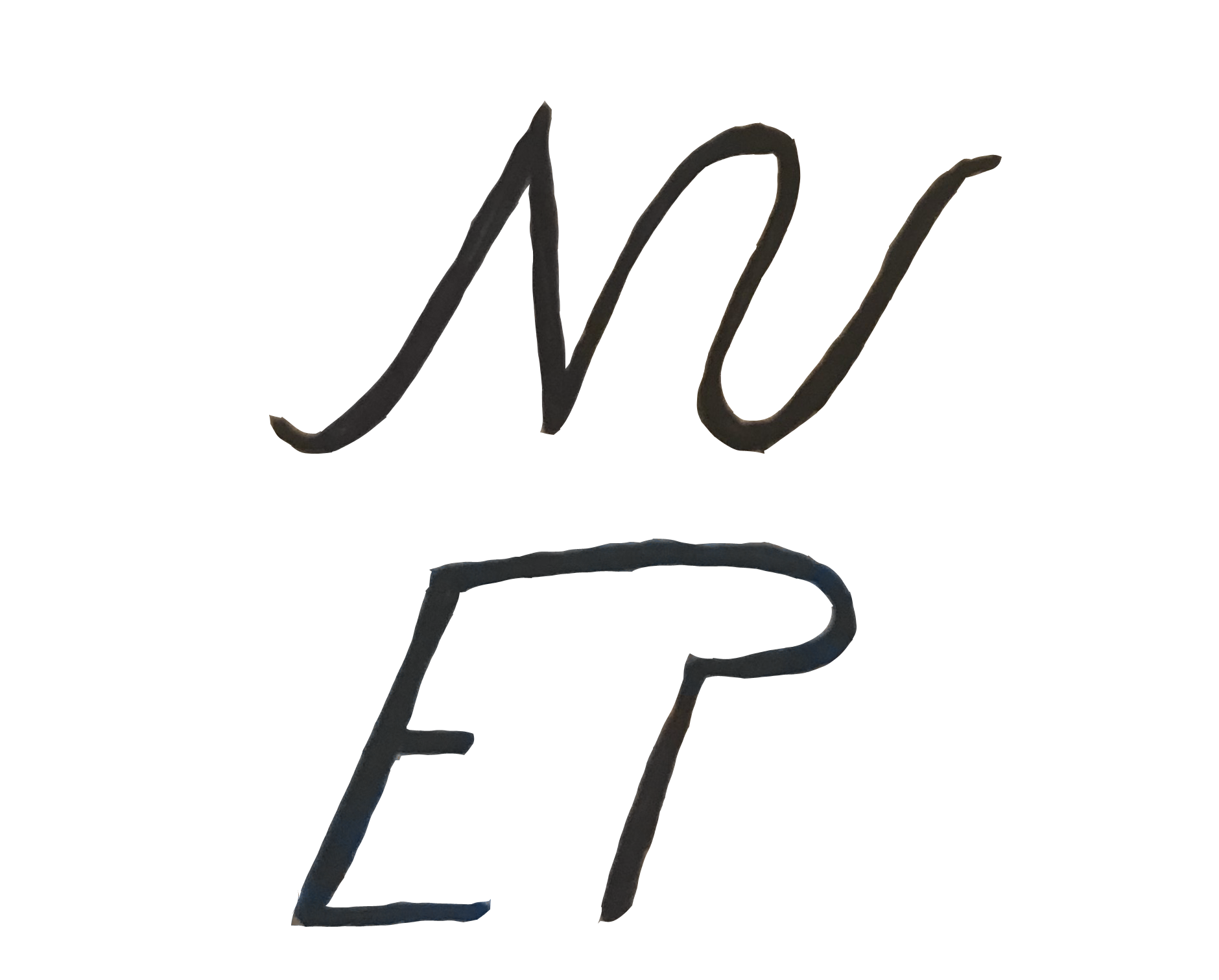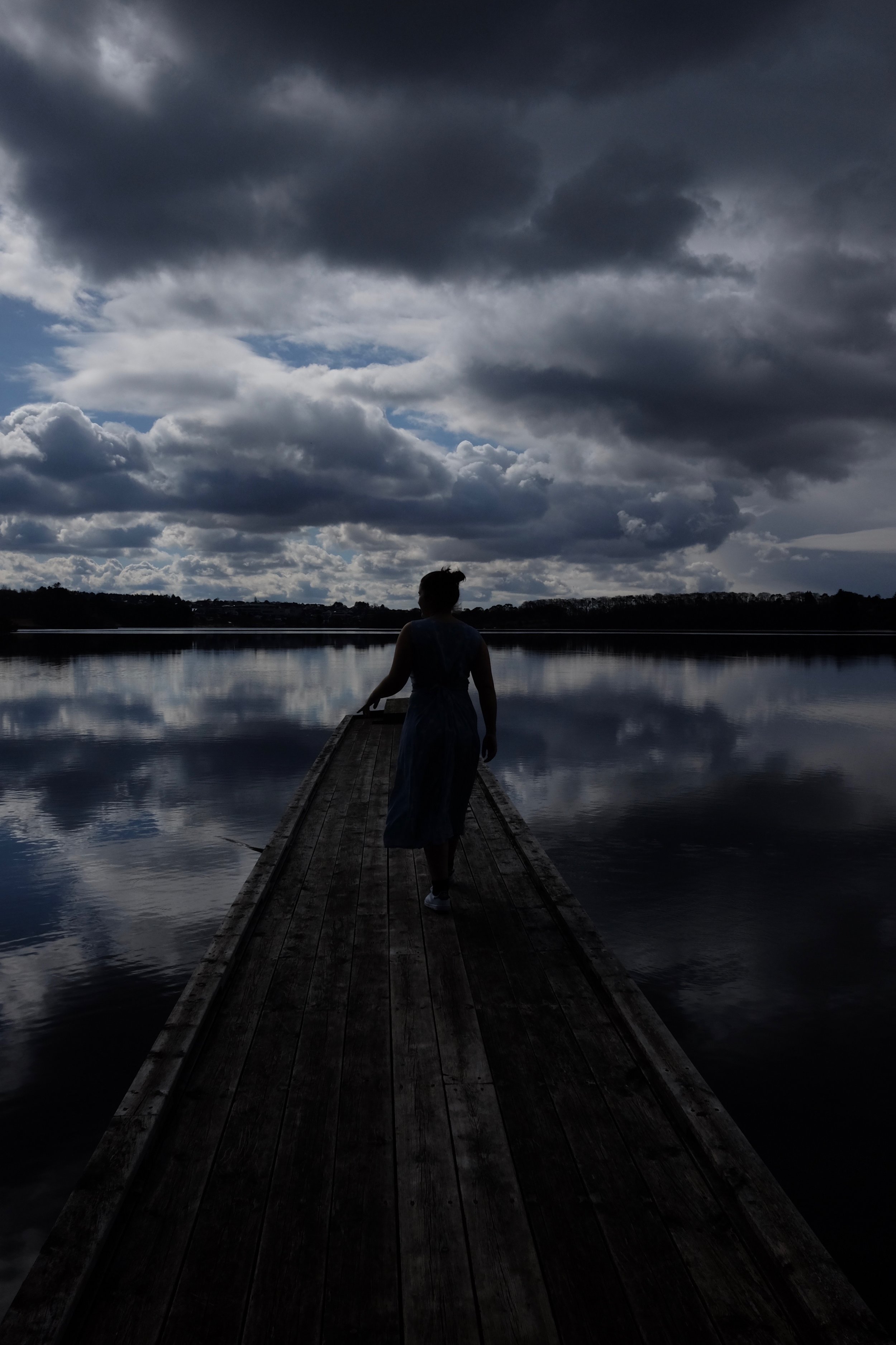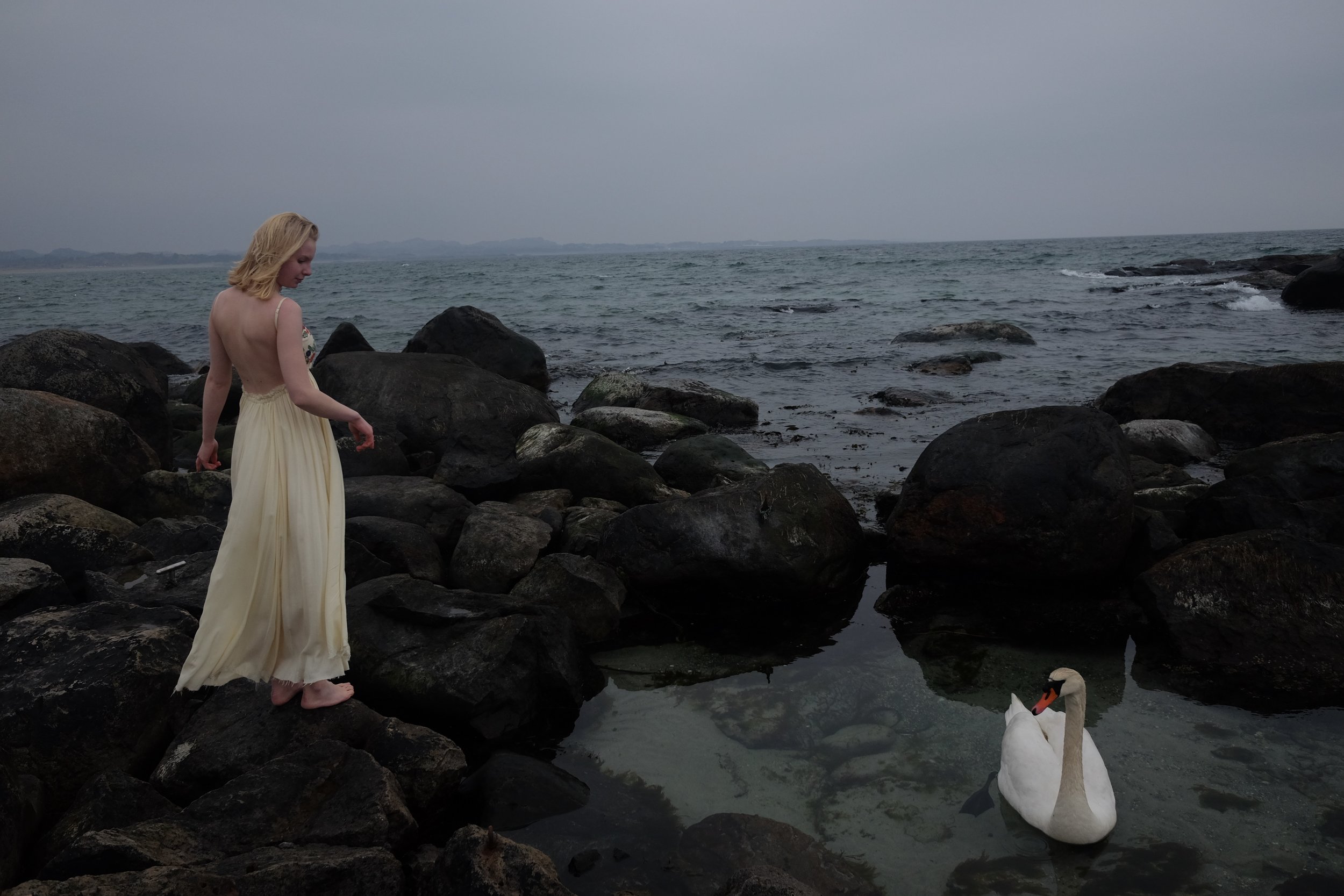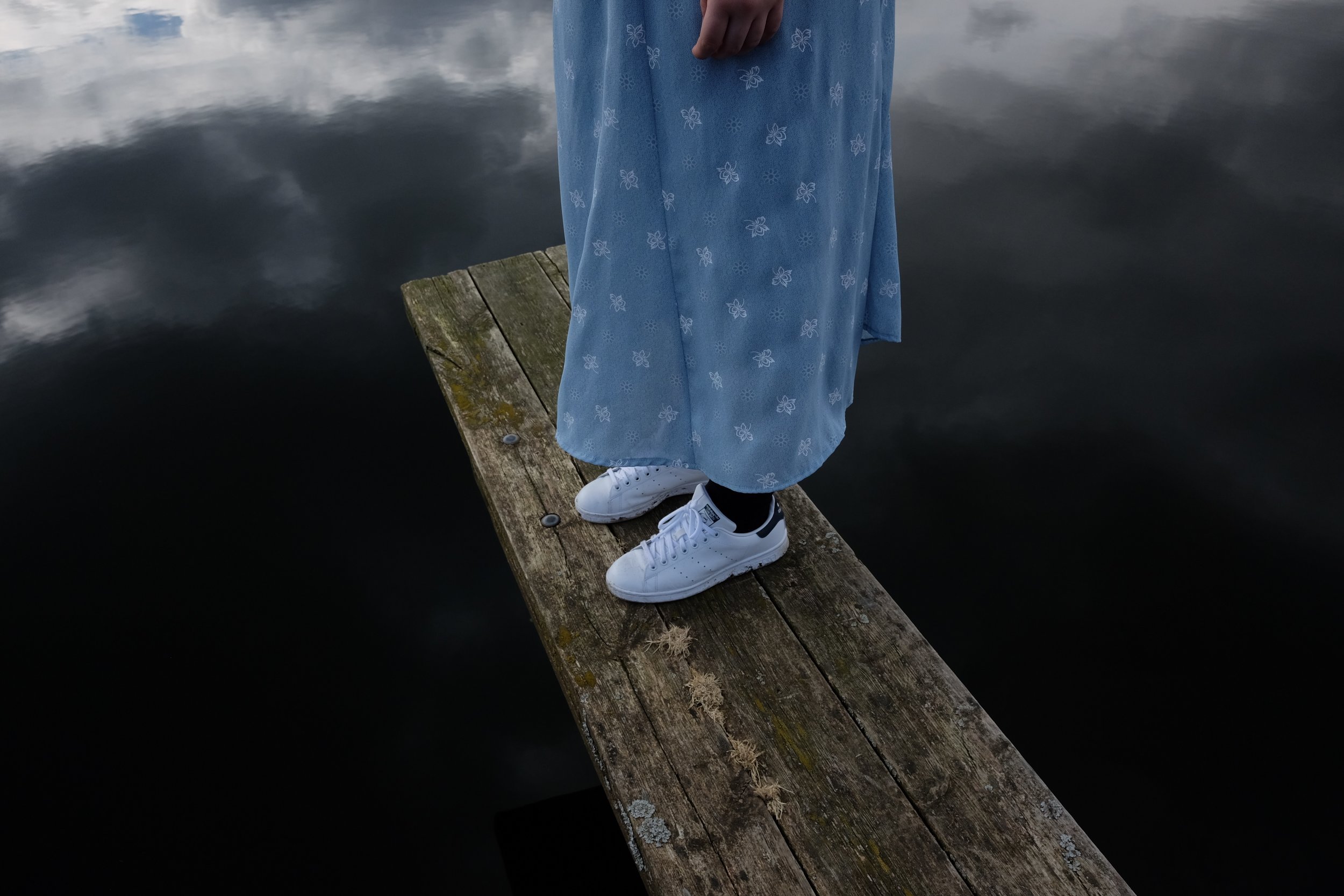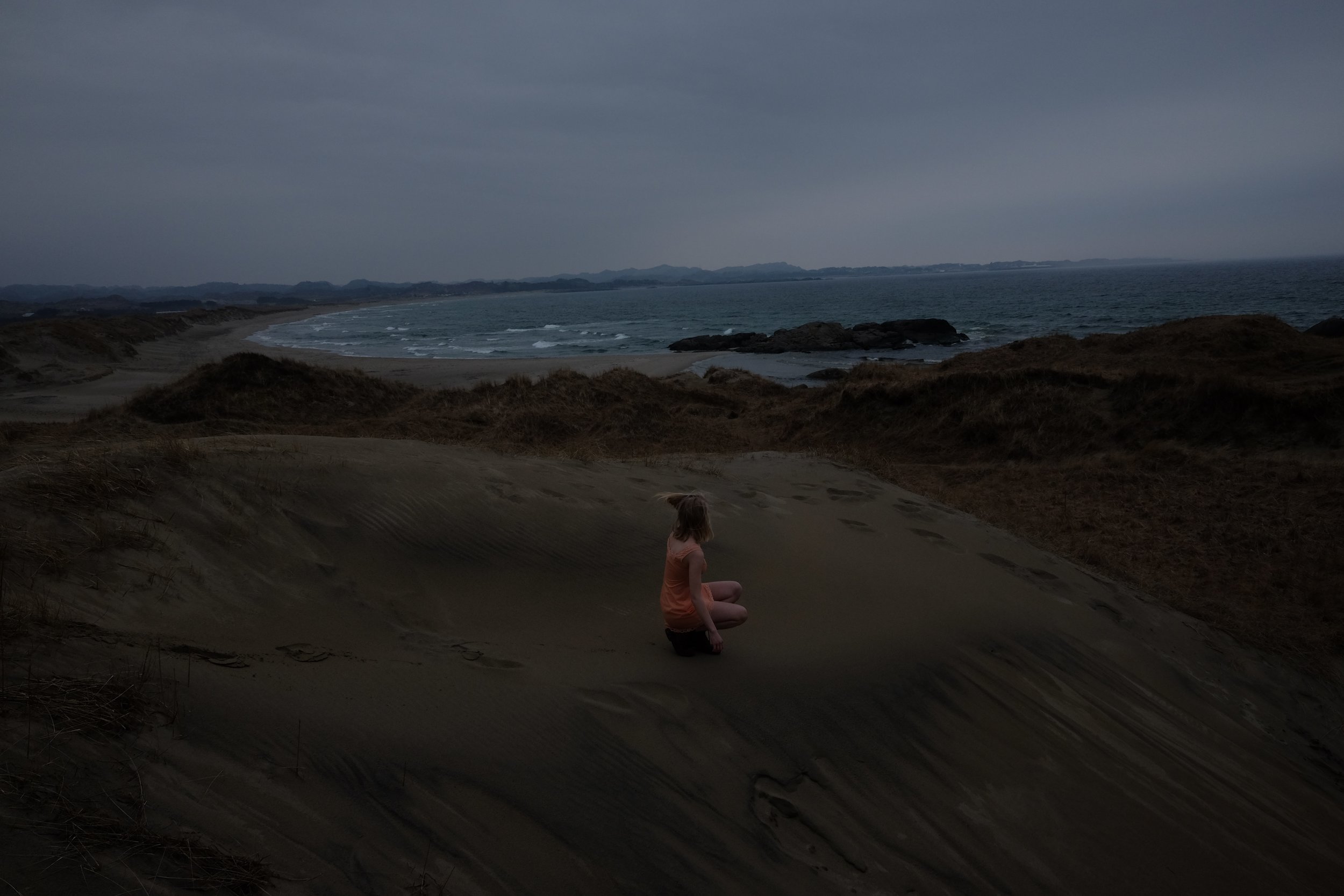Why transparency matters
Happy fashion revolution week!
As you may know, the fashion industry is to this day the third most polluting and damaging industry to the environment, after oil and agriculture. In fact, the fashion industry alone is responsible for 10% of the world's total carbon emission. Dumping of toxic chemicals into water supply, huge amounts of water waste and excessive amounts of textile waste are just a couple of the consequences. In the U.S alone, 10.5 million tons of clothing is sent to landfill every year. To break it down, that equals the weight of about 30 Empire State buildings.
But it is not just the environment that has to suffer because of our shopping habits. Workers across the entire planet are battling 16 hour long work days, life threatening working conditions and a work environment where they're not allowed to form labor unions, at the same time as being payed less than minimum wage.
The world did not seem to open its eyes to the extreme impact which this industry has on its workers, until the Rana Plaza building in Bangladesh collapsed in 2013. The building consisted of five garment factories, all manufacturing clothing for big global brands. On Wednesday morning, April 24th, 2013, over 3000 workers refused to enter Rana Plaza because there were big cracks in the factory walls. This resulted in the owner paying gang members to beat the workers and force them to enter the factory. Only 45 minutes later, the power went out and the eight-story building began to move. There was a big explosion and Rana Plaza collapsed. The victims were mostly young women. 1138 people died and another 2500 were injured, making it the fourth largest industrial disaster in history.
You've might noticed that it's fashion revolution week this week - a movement based on the belief that the fashion industry should value people, the environment, creativity and profit in equal measure. Fashion Revolution was born after Rana Plaza collapsed, and it's now a global movement that works towards radically changing the way our clothes are sourced, produced and consumed. People all over the planet are now asking the same question: "Who made my clothes?". -And you should too! Fashion trends change rapidly and so does the demand for cheap clothes. But when prices are cut, it does affect the owners of large companies such as Zara and H&M, it affects the workers who are already struggling. These companies negotiate with factories in developing countries such as Bangladesh to produce clothing as quickly and cheap as possible regardless of the consequences. Children are, for instance, often preferred at the labor market because they offer even cheaper labor than adults and are considered more obedient. Workers have to fact fatal working conditions every single day, so that people in the western world can keep up with the latest trends. Chemicals used in clothing production, cause workers to get breathing problems and cancer, and some of the ones who've tried to form trade unions have been murdered. Life-threatening dangers such as cracks in the factory walls are overlooked to save money.
As consumers, we deserve to know who make our clothes and under what conditions. Ask the brands, stores and retailers you buy from to answer who made your clothes and don't stop until you get right down to the factory where your garment was made or even the name of the person who made it. Our power is in persistence.
We need transparency so we can make sure that our clothing is made in a safe, clean and fair way. To be able to create change when it comes to model, mindset and material we firstly need to know exactly how our clothes are produced. It is time that we take control of the way we consume and this is the first step towards a more ethical and sustainable industry. There is still much crucial information about the practices of the fashion industry that remains concealed, which is why we need to unite and keep digging for answers! By avoiding buying clothes from major manufacturers who do not specify their work process, and choosing fair-trade, we can help workers across the globe to get the salary they deserve and need, while keep putting pressure on the companies who won't give up their information.
Fashion should not come at the cost of our planet or workers. You have the power to help the slow fashion movement grow and change things for the better!
Below is a series of photos of mine, focusing especially on ethical fashion, that were featured at a local exhibition this week. All of the clothing featured is ethical, unique & sustainable.
